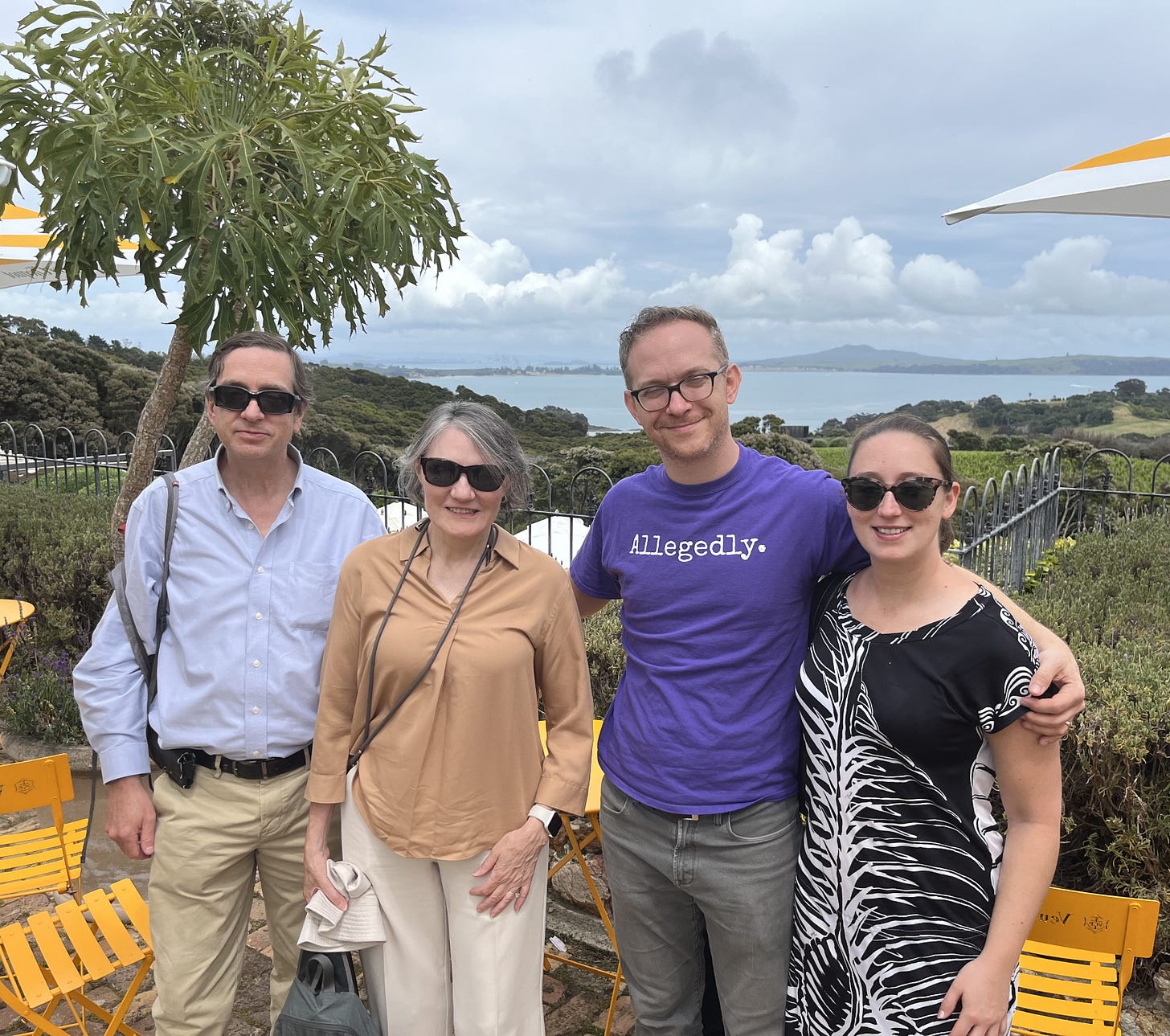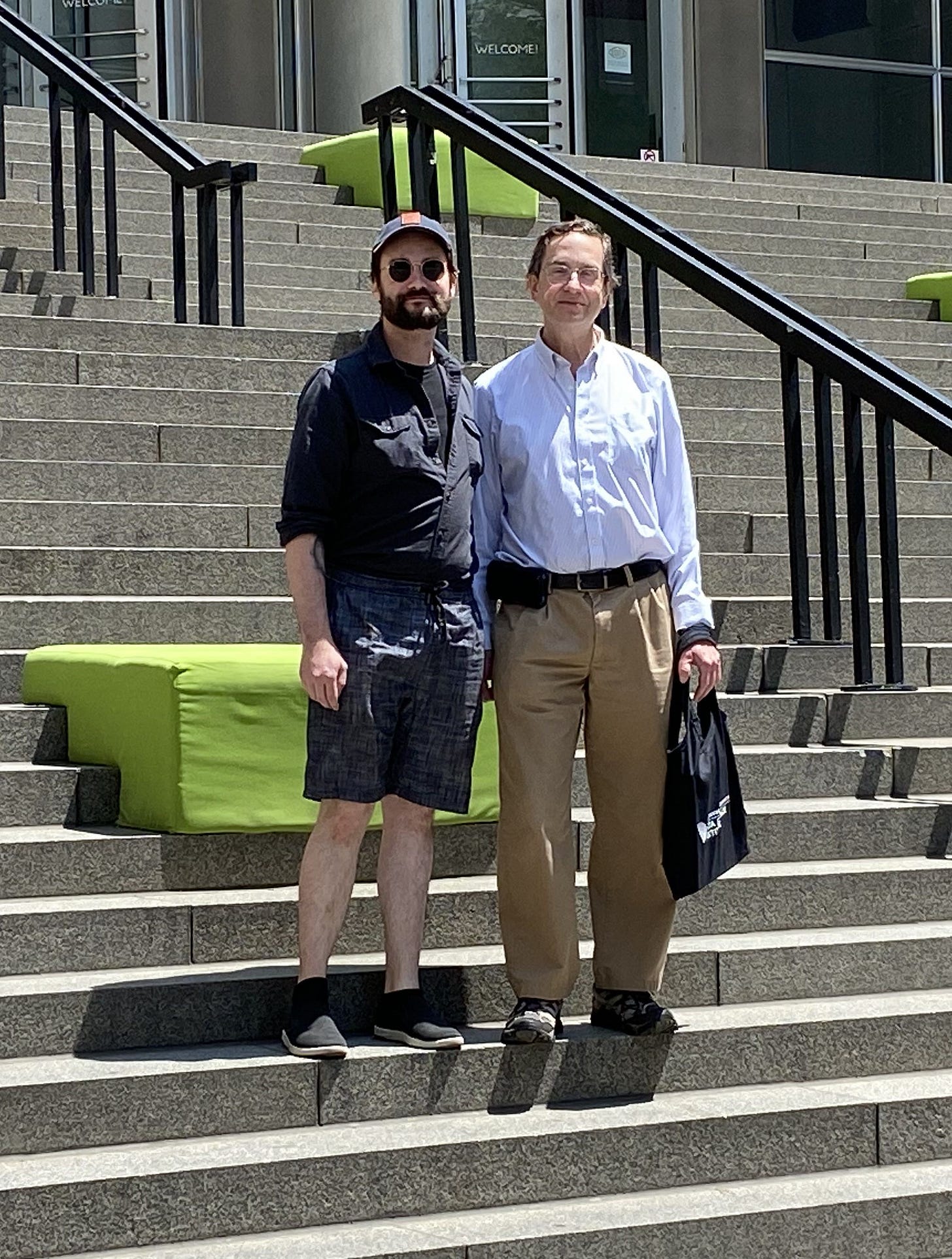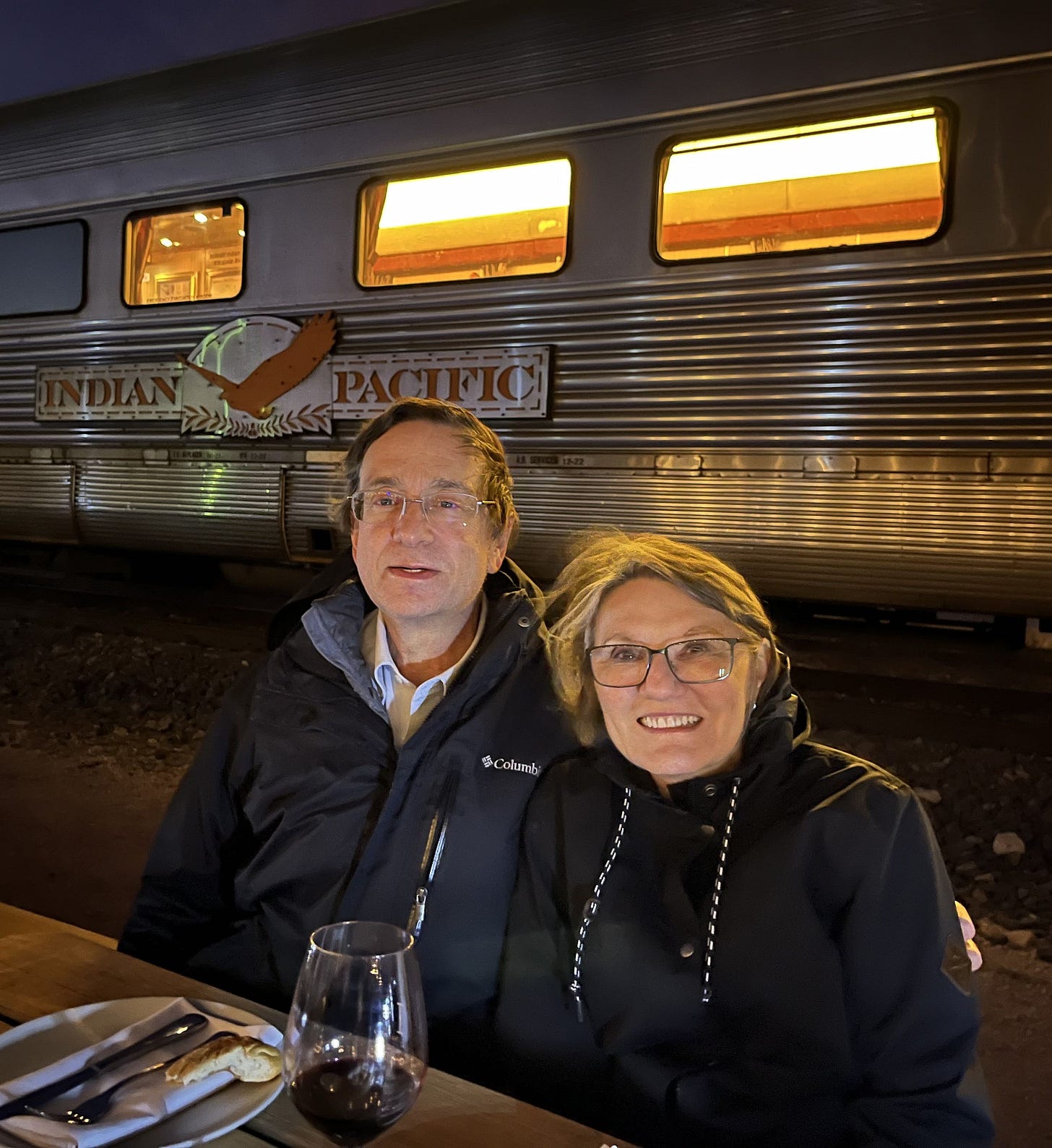
Tell us about what you're doing with your life
After graduating Cornell, I went to the University of Michigan in the Medical Scientist Training Program (joint MD/PhD program). Although I started as a laboratory researcher, I discovered public health midway through my studies and realized that I’d much rather focus on developing programs to improve health outcomes, access to care, and medical care services at the community and population level. After completing my graduate program and getting an MPH in epidemiology, I’ve had a diverse career in health services research, working at non-profit research organizations and consulting firms, helping to lead a health technology assessment start-up company, and serving as a faculty member at academic institutions. In 2019, I joined the National Cancer Institute as a medical officer in the Healthcare Delivery Research Program, leading a Congressionally mandated program to examine how to reduce barriers for receiving state-of-the-art cancer care across the U.S.
My partner Glenda and I live in Northern Virigina with our cat Moby. We follow music and theater in the Washington DC area and see our kids Caitlin (attorney in Houston) and Dylan (researcher in Chicago) as often as we can.
What was your favorite class at Cornell, or the one you found the most useful?
“Wines and Spirits” was wonderful and has continued to be helpful since graduation. The most useful course was surprisingly STATS 408, “Theory of Probability”. After spending a semester learning how to understand probability, I came away thinking about life not as a series of separate or independent occurrences but as a stream of connected events, with each decision made or each path chosen influencing what happens next.
What is your favorite memory of your time at Cornell?
Time spent with friends at the Hot Truck (PMP!). Listening to music at Bound for Glory. Studying in the A. D. White Library. Singing in Sage Chape Choir.

What advice would you give to a student starting at Cornell this year?
Seek out unusual classes and experiences; go beyond what you need to do to graduate and what you think will be most important after you leave Cornell. You won’t have just one career after graduation – you’ll have at least 2 or 3 different careers. Classes, study and research opportunities, travel, all types of experiential learning may well help in one of these future careers that you aren’t suspecting now.
How has your time at Cornell influenced you since you graduated?
Several professors went out of their way to help me develop as a researcher – teaching me both how to do research and how to think about research. I’ve made a point of doing the same for students and fellows throughout my career, supporting their opportunities to participate in research. I also created a Cornell fund in honor of my father, Dr. Bruce Halpern, who was a faculty member at Cornell in Psychology and Neurobiology for 45 years. This fund, the Bruce P. Halpern Undergraduate Research in Psychology Fund, provides support for undergraduate students in the Psychology Department to participate in research – a goal that was especially important to my father.
What random or surprising encounters with Cornell or Cornellians have you experienced since you left?
In 2023, I spent three months on a temporary work assignment in Australia. In Melbourne, I went to a happy hour for alums from all Ivy League schools, Cambridge, and Oxford. I had a wonderful time speaking with James Hay (Cornell MBA ’93) about Cornell, Ithaca, and life in Australia.



